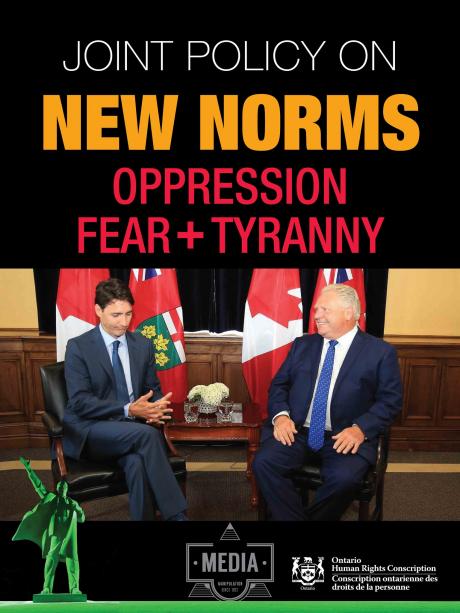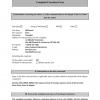Prior to the Supreme Court's decision in Vavilov, the governing approach to determining the standard of review in respect of administrative decision-making was the approach articulated in Dunsmuir v. New Brunswick, 2008 SCC 9. The Dunsmuir approach applied to both judicial review and statutory appeals from administrative decision-makers.
The Dunsmuir framework articulated certain categories of administrative decisions that would attract a "reasonableness" standard of review, and a much more limited group of categories that would attract a "correctness" standard of review. For example, a "reasonableness" standard of review would presumptively apply where the administrative decision-maker was interpreting or applying a provision of its "home statute" or a statute closely linked to the tribunal's functions. Where the issue raised did not fall within the previously-recognized review categories, the reviewing court would conduct a "standard of review analysis" (sometimes referred to as the "pragmatic and functional" approach) and weigh various factors relevant to determining the standard of review. This included the purpose of the administrative tribunal; the nature of the question at issue; and the relative expertise of the tribunal.

























